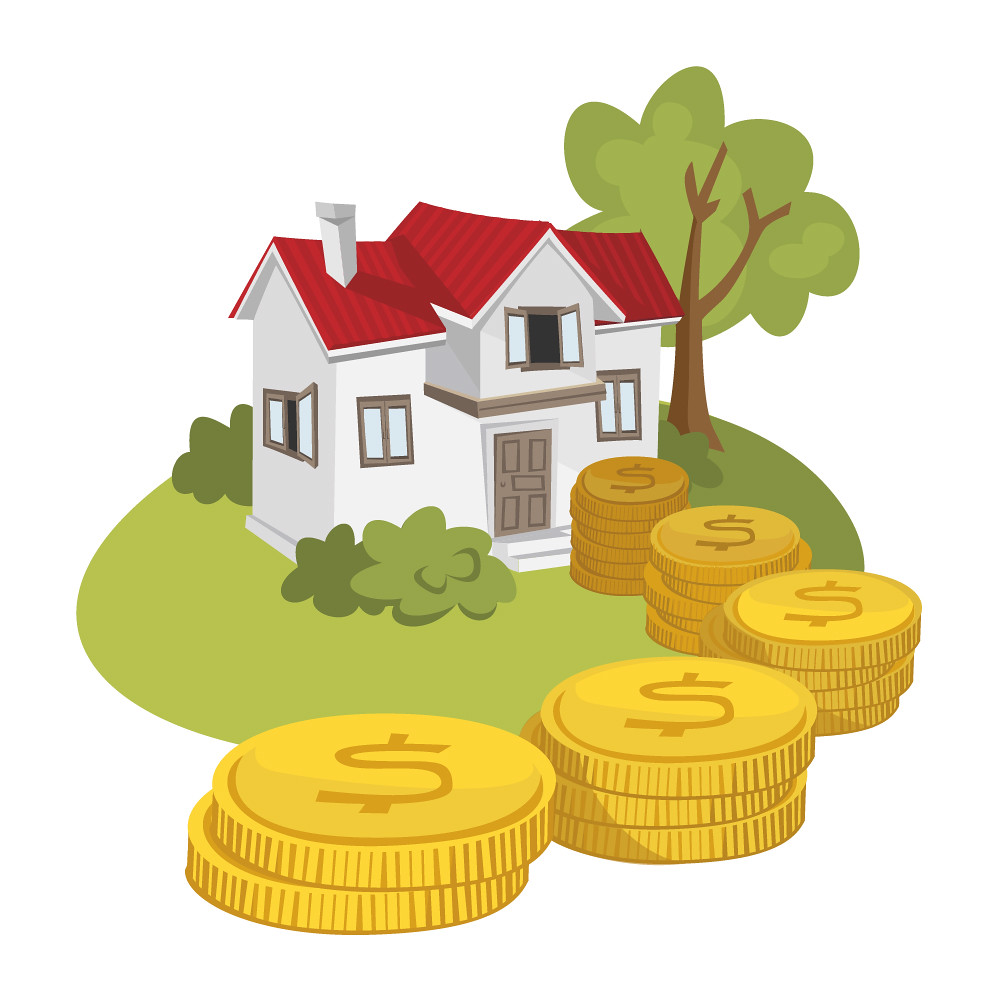
While this does mean you owe more money than you did at the start, you also have access to a larger line of credit in the long run. For example, assuming you get a $200,000 line of credit with a 4% interest rate, if you don't use any of that money, the principal loan amount would go up to roughly $300,000 over the next 10 years. Meanwhile, the unused principal balance grows over time based on your interest rate.

This option is only available on fixed-rate reverse mortgages. A single lump-sum payment: You receive one large payment upfront after closing.They're only available through HUD-approved lenders. Department of Housing and Urban Development (HUD). Home Equity Conversion Mortgage (HECM)Ī Home Equity Conversion Mortgage is a federally backed loan that’s regulated by the Federal Housing Administration (FHA) and the U.S. Let’s take a look at how the three main types of reverse mortgages measure up. With an adjustable-rate reverse mortgage, your interest rate can fluctuate over time. Fixed-rate mortgages give you a set interest rate for the entire loan term. Much like a regular mortgage, these loans can have either a fixed rate or adjustable rate. There are three types of reverse mortgages: Home Equity Conversion Mortgages (HECMs), proprietary reverse mortgages and single-purpose reverse mortgages. Reverse mortgages can also help reduce monthly housing expenses (there’s no more monthly payment), increase cash flow or pay for home repairs or improvements for seniors aging in place. Many older homeowners use reverse mortgages to supplement their income in retirement. Reverse mortgages only come due when the borrower dies, lives outside of the house for more than 12 months (unless a co-borrower or eligible spouse is living in the property), sells the property or stops paying taxes and homeowners insurance. They then receive that equity in cash - either in one upfront sum after closing, via regular monthly payments or by taking withdrawals as needed.

A reverse mortgage is a loan that allows seniors to borrow a portion of their home's equity.


 0 kommentar(er)
0 kommentar(er)
